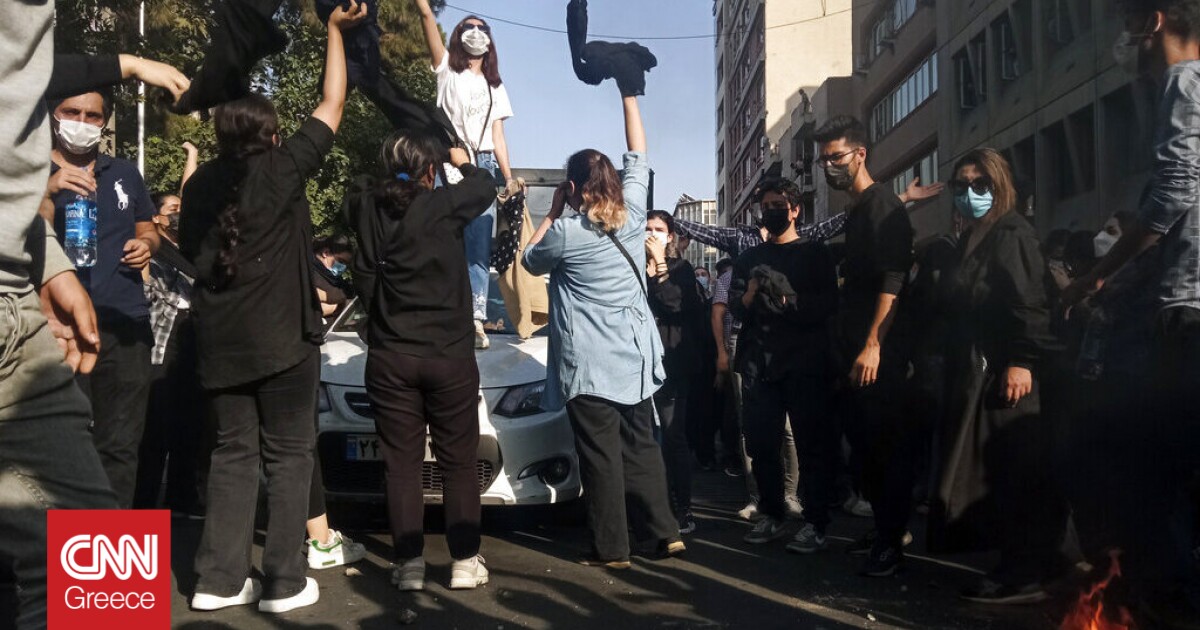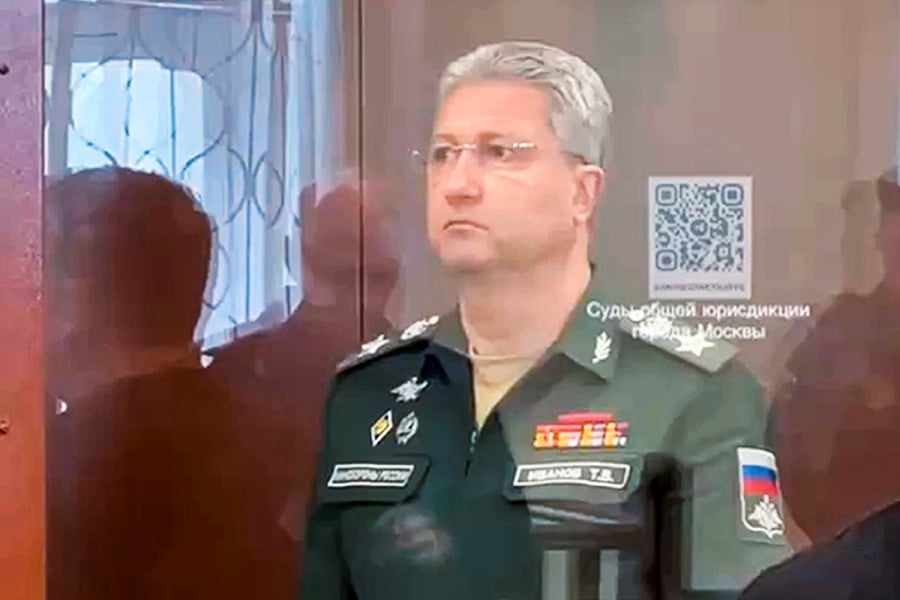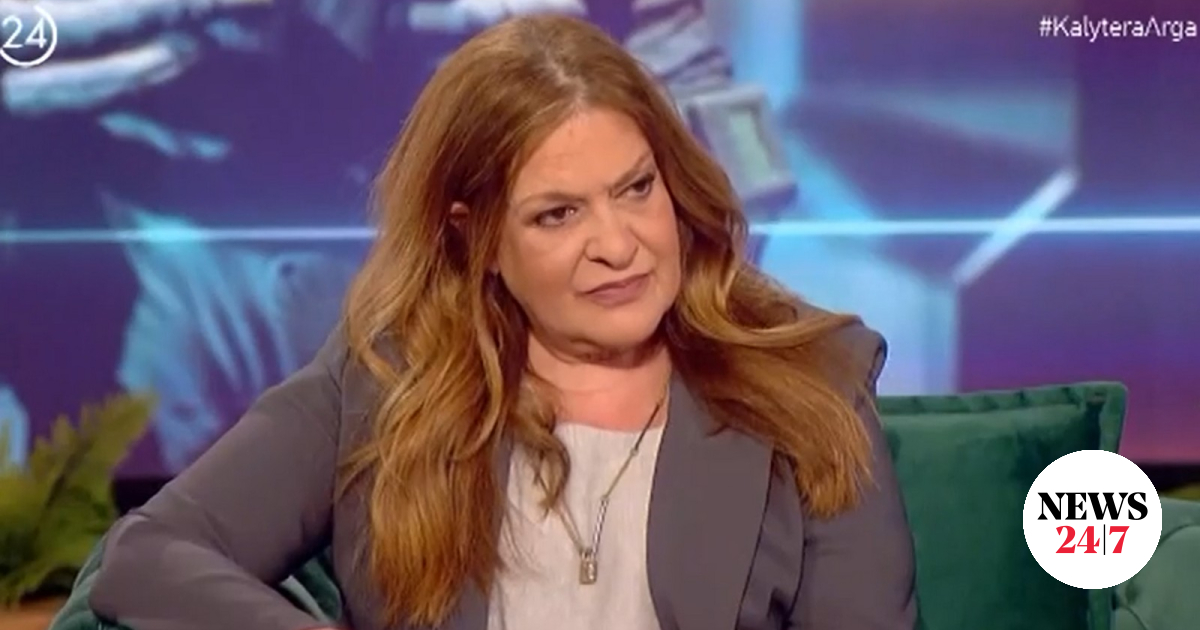
Developments in Iran are rapid. His deputy general Iran Mohammad Jaafar Montazeri announced Abolition of the moral police Today, Sunday (4/12), the ISNA news agency reported.
Montazeri said yesterday evening, Saturday (3/12) from the holy city of Kom, that “the moral police has nothing to do with the judiciary, and it has been abolished by the authorities that established it.”
The morality police, known as the Ghast Ershad (guidance patrols), were created under Iran’s ultra-conservative president. Mahmoud Ahmadinejad To spread the culture of modesty and hijab.
It consists of men dressed in green and women in black chador, a garment that covers the head and upper body. This police started its patrols in 2006.
It is indicated that on Saturday, the beginning Iran They asked the judiciary and parliament Amending Act of 1983 for its mandatory use scarfAnd the In an effort to stop the wave of protest that erupted more than two months ago in the country after her death Mahsa Amini.
Iran has faced daily protests since the killing of 22-year-old Amini on September 16, three days after she was arrested by Moral police Because she was not wearing the hijab properly.
Since then, Iranian women have taken to the streets and some have taken off or burned their headscarves in public.
Yesterday, the Iranian Public Prosecutor Mohammad Jaafar Montazeri She said that “House of Representatives and the judicial authorities are working” on the issue of making the headscarf compulsory, without specifying whether the legislation could be amended.
The issue is particularly sensitive in Iran, where there are two opposing camps: conservatives who insist on the 1983 law and progressives who want women to be able to choose whether or not to wear a headscarf.
Four years later, the hijab became compulsory in Iran The Islamic Revolution of 1979. According to a 1983 law, women in Iran – both local and foreign – regardless of religion, must wear headscarves and loose-fitting clothing in public.
From July 5th one new law “For veiling and modesty in the country,” the Iranian president is promoting Ibrahim Raisi imposed New restrictions For women: According to this, the veil should not only cover their hair, but also their neck and shoulders.
However, during a press conference held yesterday in Tehran, Raisi appeared to be open to possible changes in the legislation: “Our constitution has firm and unshakable values and principles (…) But there are ways to implement the constitution. It can be revised.”
Many victims
After Amini’s death and the ensuing protests, more and more women began walking around without their headscarves, especially in the northern part of Tehran.
On September 24, a week after the protests began, Iran’s main reformist party called on the authorities to lift the headscarf requirement.
The Union of the People of Islamic IranFounded by close associates of former reformist President Mohammad Khatami (1997-2005), it announced that it had “asked” the authorities to “prepare legal tools that would pave the way for the abolition of the veil law,” according to the party’s announcement at the end of September.
The party also called on the Iranian authorities to “officially announce the end of the morality police” and to “allow peaceful protests.”
In total 448 demonstrators were killed Since the beginning of the protests, according to the Norway-based Iranian NGO Human Rights.
Yesterday, Iran’s Supreme National Security Council announced the killing of “more than 200 people” of civilians and members of the regime’s forces, while General Amir Ali Khazizzadeh of the Revolutionary Guards spoke on Monday of more than 300 dead.
Furthermore it Thousands of people were arrested. Another film actress, Mitra Hazar, was arrested yesterday at her home, because she recently posted on her Instagram account a video clip of the demonstrations that took place in Berlin in October in solidarity with the movement in Iran.

“Hipster-friendly coffee fanatic. Subtly charming bacon advocate. Friend of animals everywhere.”




More Stories
Putin launches an anti-corruption operation
Cardiologist's #1 daily habit for better heart health
Britain cuts thousands of government employees to boost defense spending to 2.5% of GDP